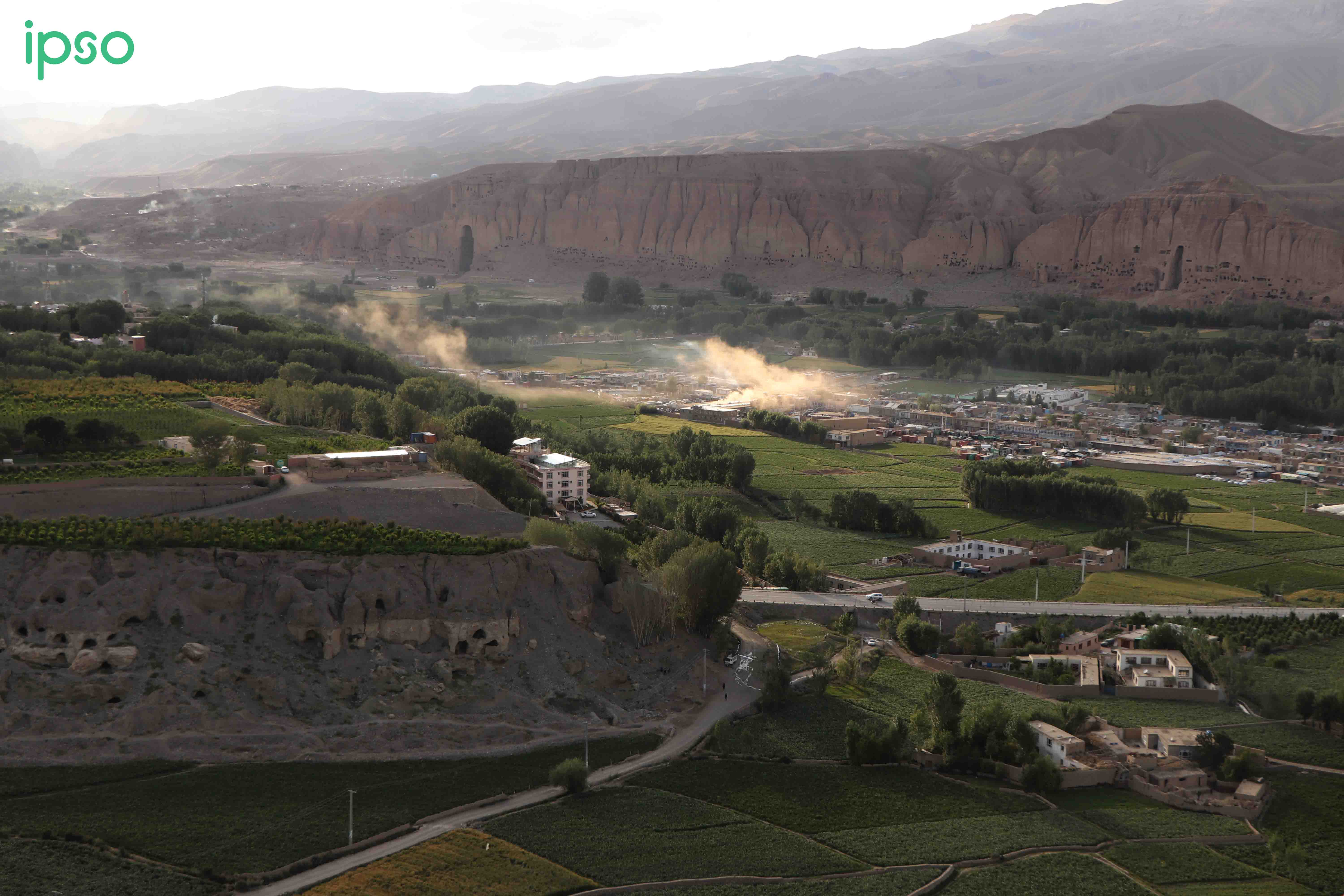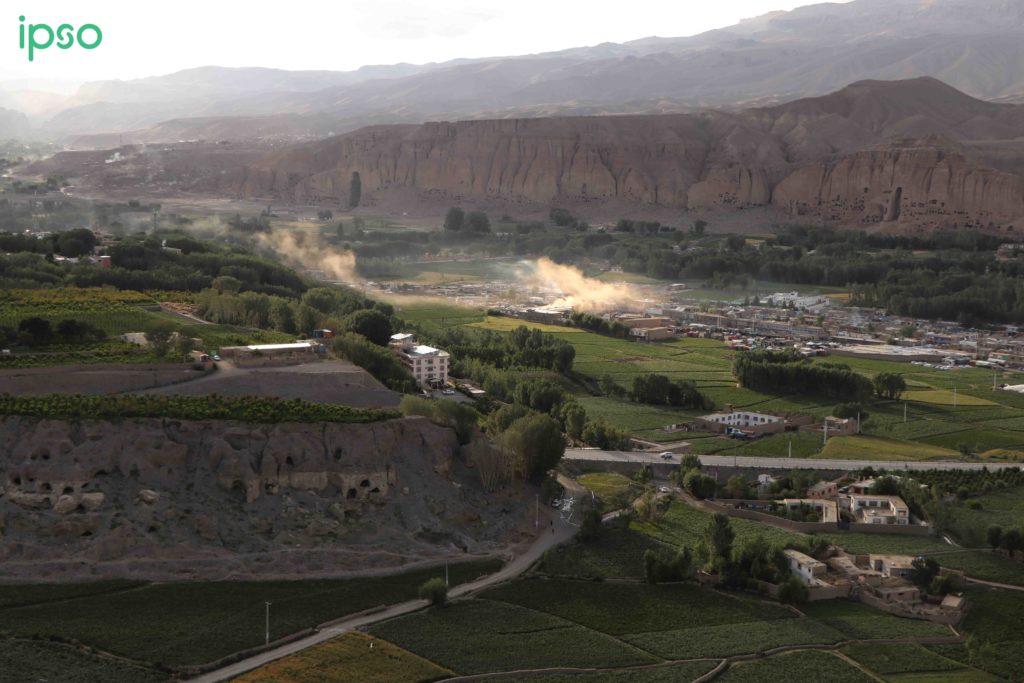‘Nine cows and a new man’ (noh gaow wa mard naw in Persian) is a traditional expression for a newborn baby among families in Bamiyan Province, Afghanistan, where it is believed that a girl-child is worth nine cows.
The birth of a boy-child (mard naw), on the other hand, is believed to be a guarantee the family’s future through the income he may earn and the continuity he’ll offer to the blood-line through his children.
Qurban Ali, a 55 year old resident of Bamiyan explains: “We use mard naw to refer to a boy-child as the heir to a family, who should also provide financially and spiritually as he grows up. We describe a girl-child as noh gaow because she’s likely to marry a boy from another family, and contribute to their welfare rather than that of her birth family. I believe that this encourages gender discrimination from childbirth.”
In the past, during hard times when money was scarce, parents of the groom would give one or more cows to the family of the bride, in exchange for the wedding expenses. This might be why some families refer to daughters as a gaow – or source of cows. But this has also encouraged prejudice.
Gulsom, a 45 year old woman from Dara-e-Polad in Bamiyan confirms this, saying: “In our families, when a boy is born, we dote on him and ensure that he gets the best education, food and clothes. Girls, on the other hand, are often denied this treatment because people believe (wrongly) that they are worth less. Women who have no sons and have only given birth to daughters might find that their husband marries a second wife in the hope of having a male child. In many cases, this leads to domestic violence”
Gulsom continues: “We also have another traditional practice whereby a lamp is lit in the room where the mother and new-born baby sleep for up to 40 days after the birth. The belief is that the lit lamp protects the baby from evil spirits (jinn) at night.”
Members of the community tend to congratulate the father on the birth of a son by performing songs and chants. Qurban Ali explains: “For 6 days after the birth of a boy the father will invite his neighbors and relatives to the family home in the evening, serving them food and singing and dancing to celebrate. After this, another special party is arranged for relatives, when a name is chosen for the boy. In some cases, members of the community pay for the boy to visit, known locally as rouy dedani. Sadly, they show no such generosity when the new-born child is a girl.”
Soufra, a 28 year old woman from Bamiyan believes that girls and boys should have equal rights and opportunities, saying: “Just because I don’t have a brother doesn’t mean that I can’t contribute to my family and community; my two sisters are studying and I was able to go to university and find a job that enables me to contribute financially by paying for my sisters’ education and meeting our household needs. As well as this financial security, I’d like to send a message to parents who discriminate and hold back their daughters, thinking that only boys can play this role in a family.”














